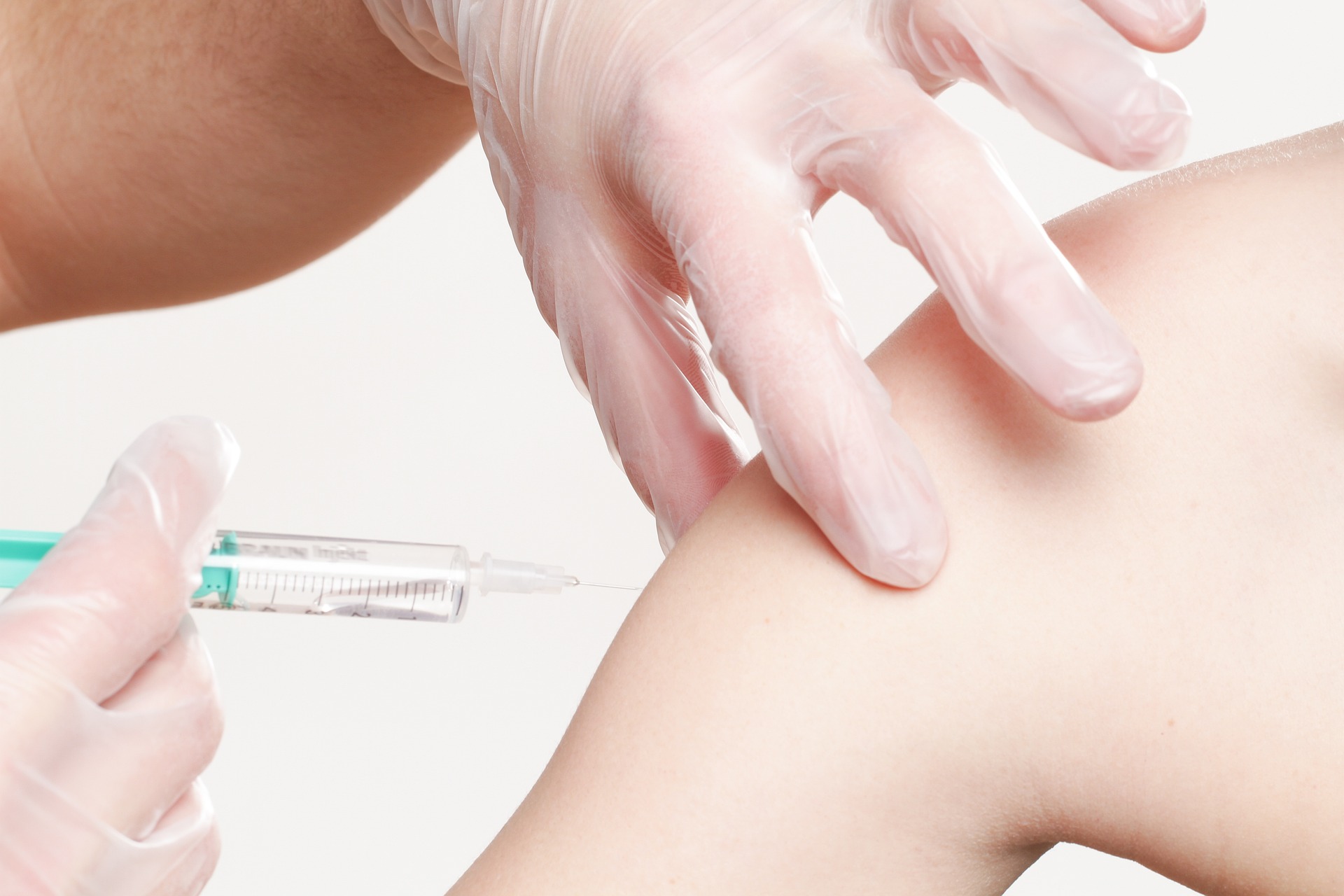
Mistletoe is an herb that grows on pine trees in Europe and Western Asia. It has been used for centuries to treat chronic illnesses such as cancer.
Mistletoe is believed to contain anticancer compounds, such as viscotoxins and lectins. Viscotoxins poison tumor cells, while lectins cause cell death by inducing an apoptotic reaction.
Table of Contents
Benefits
Mistletoe is believed to help balance blood sugar levels and may even benefit heart health.
Mistletoe contains several compounds, including lectins, viscotoxins, and flavonoids. These compounds have been found to have anticancer properties, and they’re thought to improve immune defenses and reduce the adverse effects of cancer treatments.
According to one review, mistletoe may also help improve the quality of life of people with cancer. This is because it can help ease symptoms such as pain and fatigue.
Another mistletoe injections benefits are that they can help patients feel more comfortable during surgery and other treatments. Mistletoe can stimulate the body’s ability to regulate temperature and keep patients warm.
This is especially important if you’re undergoing chemotherapy, radiation therapy, hormone therapy, or antibody therapy. It can also help reduce some of the side effects of these therapies, such as lowered appetite and weight loss.
Mistletoe is a safe and effective treatment option for many cancer patients. It’s also important to remember that dietary supplements are not regulated in the United States the way drugs are, so it’s essential to use them only after a doctor has vetted them for safety and effectiveness.
Effects
Mistletoe is a plant that grows on many different trees throughout Europe and Asia. Its white berries are used for medicinal purposes. Some studies have shown that the extract from mistletoe can help improve diabetes and reduce blood pressure.
It has also been found to boost the immune system and fight cancer cells.
The main active substances in mistletoe are viscotoxins and lectins, which kill tumor cells by poisoning them. They also cause the cell to die through apoptosis, similar to how cells die naturally.
These cytotoxic and proapoptotic effects of mistletoe have been reported in numerous tests, in vitro and in vivo. They have also been shown to be effective in breast cancer patients.
Researchers also have found that mistletoe can improve the quality of life in breast cancer patients, resulting in fewer side effects and better overall health. A multicentric retrospective cohort study involving 1248 breast cancer patients found that patients who received lectin-standardized mistletoe extract had higher rates of HRQoL and were less likely to relapse than those in the control group.
Some test tube studies have suggested that European mistletoe might be effective against childhood leukemia.
Precautions
Mistletoe contains over 1,000 constituents, which work together to boost the immune system and stimulate cell death. These substances include viscotoxins and lectins that can trigger apoptotic reactions in tumor cells and kill them by poisoning their DNA.
As with any other supplement, it is essential to consult a physician or other healthcare professional before taking a mistletoe preparation. This can help ensure that the product is safe for you and will not interact with other medications or supplements you are taking.
When you use mistletoe injections, the first can cause redness in your skin or the area where the injection was made. However, this usually goes away within a few days. If the redness does not disappear, you may need a different infusion.
If you are having trouble with redness that does not go away, it is essential to tell your doctor. This can prevent further problems.
In addition, the doctor can ensure that the mistletoe dose is correct. They should also check your blood levels and see if you have any other side effects from the mistletoe.
Interactions
Mistletoe, a plant native to Europe and Asia, has been a natural cancer therapy for over a century. People who use it claim it can shrink tumors, boost the immune system, and treat symptoms like pain and exhaustion. Researchers are testing these claims in a large study.
Experts don’t know how mistletoe fights cancer, but it contains several active compounds that may have anticancer properties. These include lectins, viscotoxins, and flavonoids. In addition, mistletoe has been shown to help improve quality of life and reduce the side effects of chemotherapy.
Many doctors use a multimodal approach to treating cancer patients, incorporating treatments such as mistletoe and herbal medicine into their treatment plans. They do this to help their patients cope with the disease and live as everyday life as possible.
In addition, several studies have found that mistletoe can increase the number of lectins that bind to cancer cells, which may benefit certain types of cancer. This may be because lectins can improve the immune system and decrease adverse side effects of specific treatments.
This study aimed to assess the safety of subcutaneous mistletoe extracts as a conjunctive therapy in cancer patients within an anthroposophic medicine setting. Suspected adverse drug reactions (ADRs) were classified according to internationally accepted guidelines, and potential risk factors, dose relationships, and drug interactions were investigated.